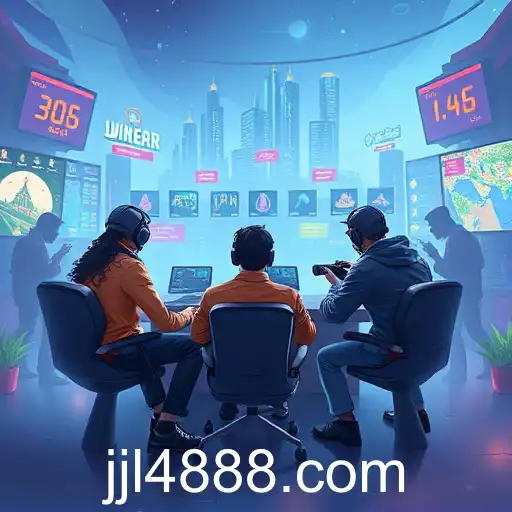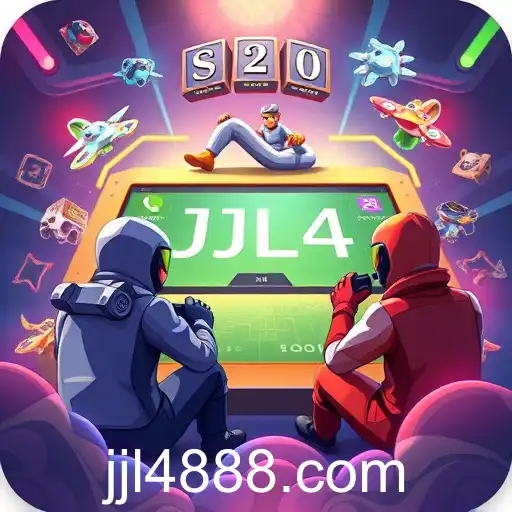
The Rise of JJL4 and Its Impact on Gaming
Exploring the growth of the 'JJL4' app and its influence on the gaming industry in 2025.

In the ever-evolving world of digital entertainment, the gaming sector has once again taken center stage in 2025. With advancements in technology, the gaming industry continues to push boundaries, creating immersive experiences for players worldwide. One of the most talked-about developments this year is the surge in popularity of the 'jjl4 app', a cutting-edge platform hosted on an English game website.
Launched amidst much anticipation, the jjl4 app has quickly captivated a global audience. Its innovative gameplay mechanics and user-friendly interface have made it a favorite among gamers seeking fresh experiences. The app's design emphasizes player engagement, offering a luxurious array of games that cater to diverse preferences.
The rise of the jjl4 app reflects a broader trend in the gaming industry towards integrating advanced technology with traditional gaming elements. Augmented reality, artificial intelligence, and machine learning are no longer just buzzwords; they are actively reshaping how games are developed and played. As a result, players can enjoy more personalized and interactive experiences.
However, the rapid development in gaming technology also brings forward numerous challenges. Security concerns, especially regarding player data, have sparked debates within the community. As games become more data-dependent, the need for stringent cybersecurity measures becomes paramount.
Moreover, the social dynamics within gaming communities are facing new tests as well. The digital and often anonymous nature of online interactions can sometimes lead to toxic behavior. This remains a pressing issue that developers, including those behind the jjl4 app, must address to ensure a positive experience for their users.
Looking ahead, the forecast for the gaming industry remains promising. With the jjl4 app's success as a testament, developers are likely to continue blending innovation with traditional elements to capture the imagination of players worldwide. The journey into this digital realm is filled with potential, reminding us that the future of gaming is not just about entertainment, but a transformation in how we interact with the virtual world.

If you're looking for a reliable, fully licensed, and secure sportsbook with a wide selection of games, jjl4 app is the perfect choice. We're committed to providing you with the best online betting experience, with premium quality, excellent service, and continuous innovation. Sign up now and receive ₱777 for free!
Join now
Get the latest information, experience and betting strategies from the expert team at jjl4 app.

Exploring the growth of the 'JJL4' app and its influence on the gaming industry in 2025.

An exploration into how the jjl4 app is transforming online gaming and community engagement.

Exploring the impact of the JJL4 app on the online gaming industry in 2026 and its growing influence on interactive entertainment.

A detailed examination of how the 'jjl4 app' is influencing the gaming world in 2025, with insights into current trends and community dynamics.

An in-depth look at how the JJL4 App is shaping the gaming landscape in 2025, featuring current trends and technological advancements.

Exploring the impact of the JJL4 app on the booming online gaming industry in 2025.
 Join now
Join now